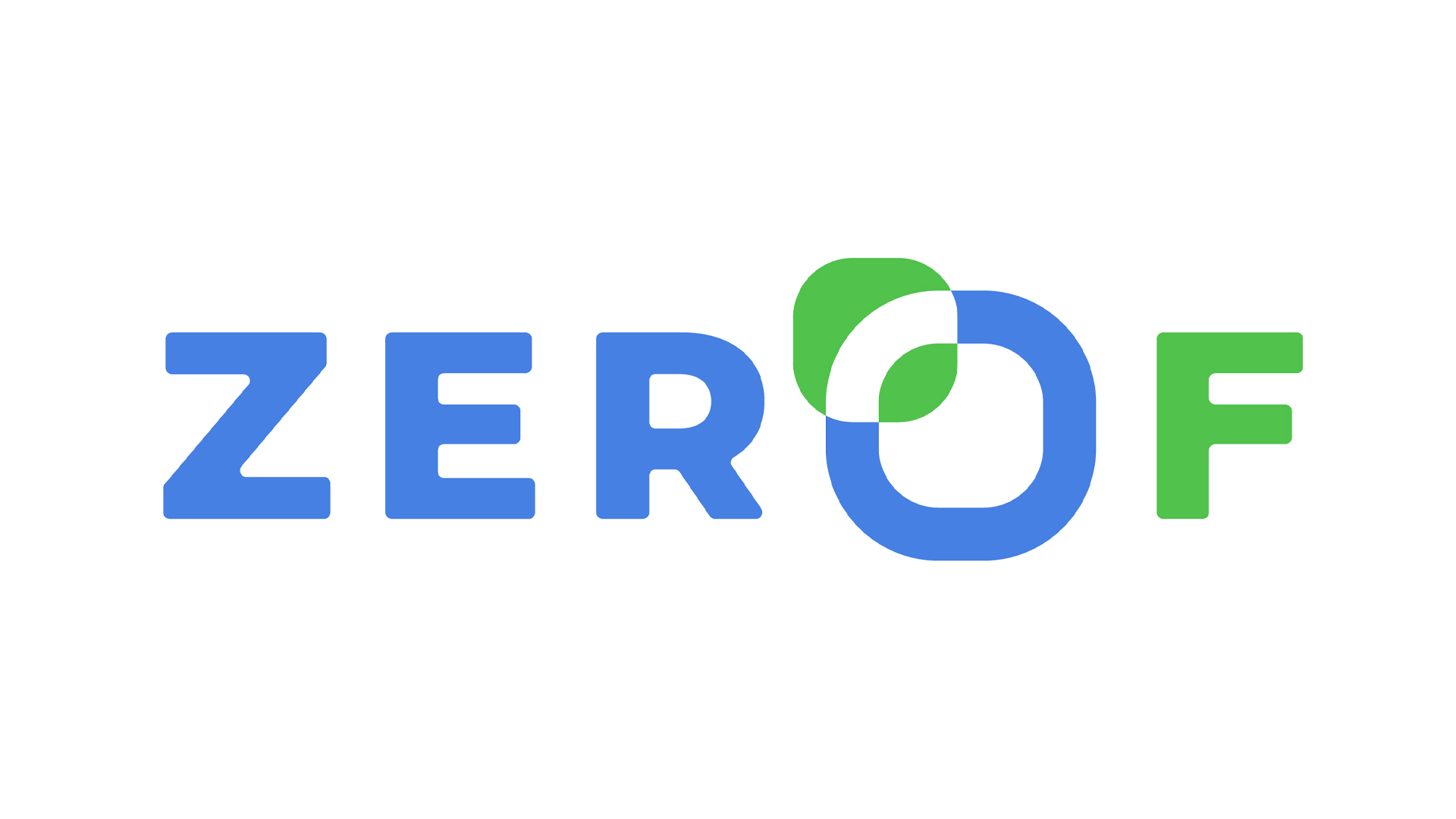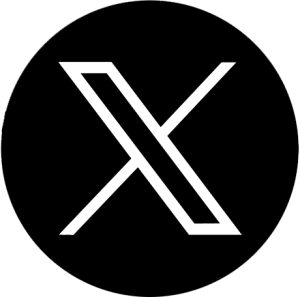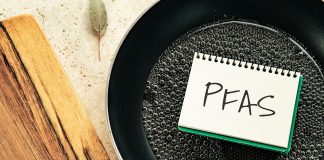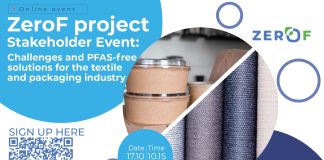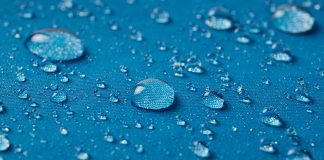EU Project ZeroF innovates verified, safe, and sustainable PFAS-free coating technologies as substitutes for PFAS in food packaging and textiles, promoting enhanced environmental and health resilience in both industries.
ZeroF is a 36-month Horizon Europe project that started in 2023 and was co-funded by the European Union and the Swiss State Secretariat for Education, Research, and Innovation.
Coordinated by VTT, Finland’s leading research centre, it addresses the overwhelming prevalence of per- and polyfluoroalkyl substances (PFAS) and the associated environmental and health issues.
The ZeroF project, involving 12 research and industry partners from nine countries, develops safe and sustainable coating alternatives to replace PFAS compounds in the food packaging and upholstery textiles value chains.
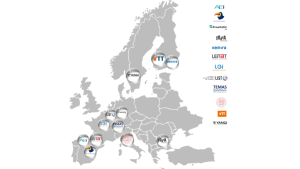
About PFAS
PFAS (Per- and Polyfluoroalkyl Substances) have attracted significant attention owing to their widespread presence in our environment and potential health implications.
These chemicals are commonly found in everyday items such as cosmetics, non-stick cookware, food packaging, textiles, firefighting foam, and more.
Notably persistent, they resist easy degradation and can accumulate in both the environment and our bodies over time, prompting concerns about their long-term impact on health and ecosystems.
Why do alternatives to PFAS need to be developed?
The European Union has classified PFAS as substances of very high concern (SVHC) and is in the process of restricting certain PFAS through a REACH restriction.
In addition, the European Commission has committed to a complete phase-out of PFAS in the long term.
However, despite the potential health and environmental risks, industry and consumers are reluctant to switch to non-fluorinated products due to the lack of alternatives that offer comparable performance and cost.
New PFAS-free coating technologies
ZeroF responds to emerging challenges in combatting PFAS pollution by pioneering new PFAS-free coating technologies for food packaging and upholstery textiles.
The project strives to replace PFAS with non-toxic compounds derived from renewable feedstock while maintaining performance and cost parity.
Guided by a safe-and-sustainable-by-design framework, ZeroF incorporates analyses like life cycle analysis, life cycle costs, and environmental footprint assessment to reduce the environmental impact of its counterparts. This approach not only addresses the pressing issue of PFAS pollution but also overcomes the obstacles of industry hesitancy and economic viability, presenting ZeroF as a sustainable and feasible alternative for diverse applications.
Transitioning to PFAS-free solutions
Project partners are working together to identify the technological, economic, socio-economic, and regulatory incentives and barriers for new PFAS-free coating materials to facilitate their introduction in the textile and packaging industry.
A certification and regulatory roadmap will be developed by the end of the project to anticipate future regulatory requirements and facilitate the transition to PFAS-free solutions for other sectors outside the project scope.
Areas of expertise
- Coating block building and functional testing
- Coating formulation and application to materials
- Prototype performance testing and concept validation
- Computational safety and prediction models
- Application of the safe-and-sustainable-by-design (SSbD) framework
- Environmental sustainability, circularity, and chemical safety assessment
- Certification road-mapping and standardisation
Research interests
Solutions for the mitigation and substitution of PFAS in packaging and textile value chains.
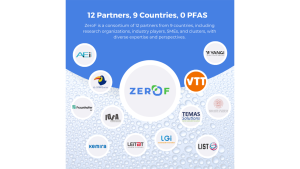
Partners
- TEKNOLOGIAN TUTKIMUSKESKUS VTT OY (coordination), Finland
- FRAUNHOFER INSTITUTE FOR SILICATE RESEARCH ISC, Germany
- ASSOCIACIO AGRUPACIO D’EMPRESES INNOVADORES TEXTILS (AEI), Spain
- E.CIMA SA, Spain
- IDEAconsult, Bulgaria
- KEMIRA OYJ, Finland
- ACONDICIONAMIENTO TARRASENSE ASSOCIACION (LEITAT), Spain
- LGI SUSTAINABLE INNOVATION, France
- LUXEMBOURG INSTITUTE OF SCIENCE AND TECHNOLOGY LIST, Luxembourg
- TEMAS SOLUTIONS, Switzerland
- UNIVERSITÀ DI BOLOGNA, Italy
- YANGI, Sweden

